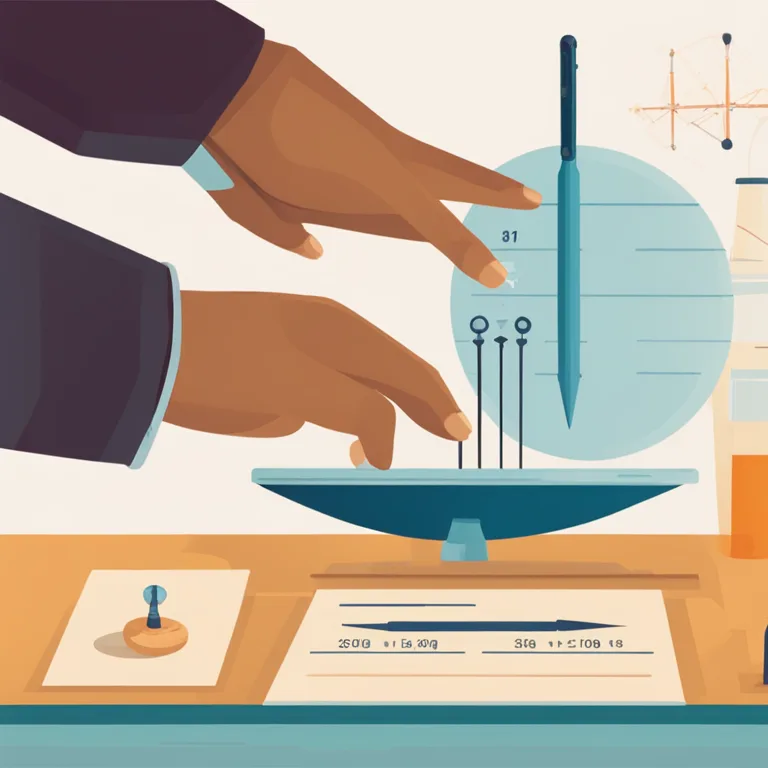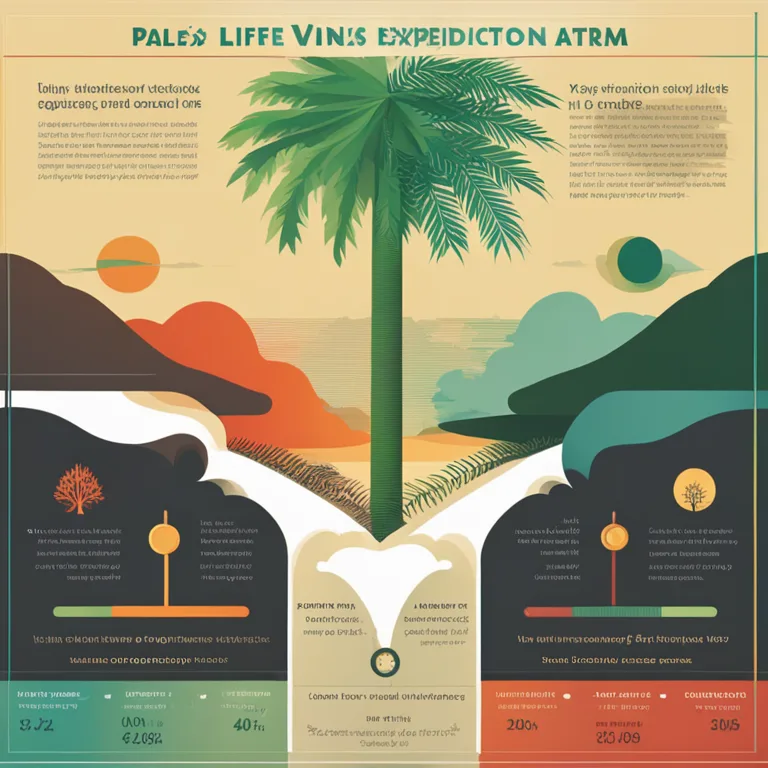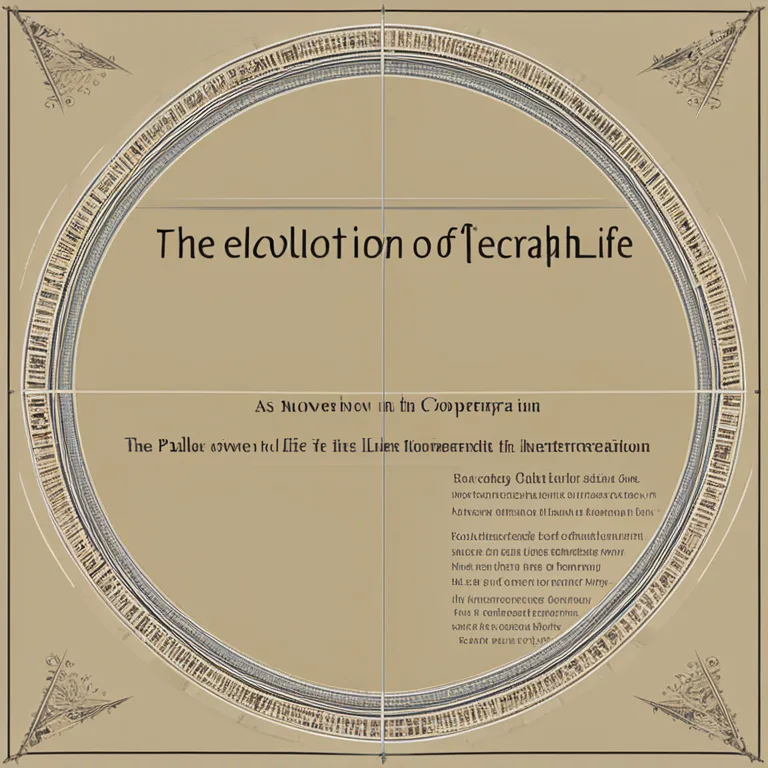
Can Palm Reading Foretell Longevity?
Explore the controversy and insights surrounding palmistry's take on predicting life span through the study of palm lines and formations.
article by Nora Pennington
Palmistry’s Premise on Lifespan
Palm reading, also known as chiromancy, has for centuries delved into the lines and contours of the hand to discern an individual's future, character, and even hints about their lifespan. The Heart Line, Head Line, Life Line, and Fate Line are among the most scrutinized by palmists. A common belief is that the length and clarity of the Life Line may indicate the vigor of one's life force and vitality. However, it's imperative to note that modern palmists view this line as a representation of quality of life rather than an absolute measure of its duration.

The Evolution of Life Line Interpretation
As we move forward in the 21st century, the interpretation of palmistry evolves. Traditional views that once pointed to a short Life Line as an omen of an abbreviated life have been largely debunked. Instead, contemporary palmists focus on the line's depth, curvature, and intersection with other lines to deduce stress levels, personality traits, and major life transformations. The pursuit to predict one's lifespan through the Life Line alone is seen as an over-simplification of palmistry's capabilities.

Scientific Scrutiny versus Mystical Beliefs
Science often clashes with the mystical when it comes to predicting life expectancy through palm reading. Medical professionals and statistical data suggest that genetics, lifestyle choices, and environmental factors play a far more significant role in determining lifespan. Palmists counter-argue that palm reading encompasses these aspects intuitively by interpreting the map of lines as they shift and change throughout one's life, reflecting continuous personal development and health tendencies.

Individual Variations and Predictive Challenges
Palm reading acknowledges that each individual's palm is unique. Slight changes over time are believed to mirror life events and personal growth—some of which may affect health and longevity. However, given the subtle and subjective nature of these changes, the challenge lies in providing accurate and consistent predictions, particularly concerning something as complex as life expectancy.

Palmistry's Role in Holistic Wellness
In modern times, palm reading is often aligned with holistic approaches to wellness, serving as a tool for reflection rather than a deterministic forecast of life span. By highlighting areas that may need attention or care, palmists provide insights that could indirectly influence longevity by encouraging healthier choices and self-awareness.
Responsibility in Palm Reading Practice
Ethical palmists maintain that it is their duty to ensure their readings empower individuals rather than cause unwarranted concern over their health and longevity. While the fascination with life span predictions continues, responsible palm readers emphasize that such readings should be taken with discernment and should not replace medical advice or lifestyle improvements.
Conclusion: A Measure of Possibilities
In conclusion, while palm reading presents an intriguing possibility of glimpsing into one's potential lifespan, it should not be seen as a definitive medium for predicting exact years of life. The practice of palmistry offers a lens through which one might explore possible health trajectories and personal growth, amid a myriad of external factors that influence one's actual term of life.
Published: 1/5/2024
Modified: 1/5/2024
More predictions
Come back here soon to learn more about yourself and your future


The Essence of Palmistry: A Modern Guide
Delve into the modern practice of Palmistry: understanding the lines and shapes of your hands to reveal insights about your personality and future.


The Essence of Hand Analysis: A Guide to Palmistry
Delve into the art of palmistry, the study of hands, revealing how reading palms can provide insight into one's personality and future.


The Dynamic Nature of Palm Lines Explored
Discover why palm lines can change over time, delving into the science behind these shifts and what they might signify in the realm of palmistry.